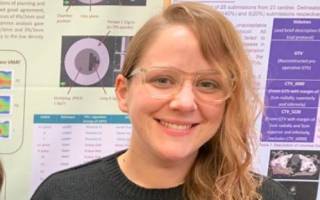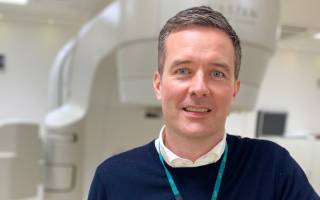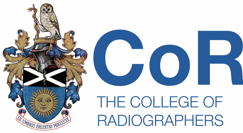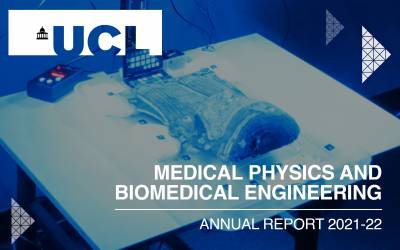This PhD programme offers radiographers the opportunity to develop research skills and make a significant contribution to the development of the subject.
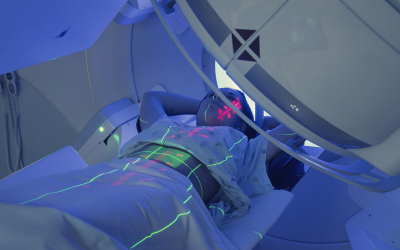
Our research aims to seek ways in which we can improve the survival of cancer patients, quality of life post-treatment and quality of care. We aim to teach future research leaders of therapeutic radiography and to enhance the academic side of the profession.
Research Environment
UCL is a world-leading hub for cancer with a focus on cross-disciplinary research. The PhD programme will run from UCL's Medical Physics and Biomedical Engineering department, which is the focus of technically-driven cancer research with extensive radiotherapy research activity. The programme operates in close cooperation with the radiography team at the UCL Hospital Cancer Division, where some of the doctoral researchers will be based. UCLH hosts a wealth of state-of-the-art radiation technology, including a new 4-room proton therapy centre. It is a leader in treating complex cancers and has particularly large caseloads in sites such as paediatric, brain and sarcoma.
Hear from current doctoral researchers
Since qualifying as a Therapeutic Radiographer in 2002, I am proud of how our profession has been dynamic in the development of our knowledge, skills and clinical roles to meet the evolving workforce and technological demands of cancer services. The value of Therapeutic Radiographer-led research due to our unique technical and clinical skillset, patient-facing roles and integration within the wider multidisciplinary team, provides further opportunities to optimise radiotherapy provision and improve patient outcomes. Developing our academic knowledge and skills will not only provide the tools required to lead our own research but will also promote a research ethic within our profession. The recognition of a formal doctorate qualification communicates to the wider multidisciplinary team, funders and industry that Therapeutic Radiographers are fundamental in the conduct of clinically translational research; and are well-placed, highly proficient and experienced at implementing evidence-based practice.
Sairanne WickersConsultant Therapeutic Radiographer
The doctoral programme for therapeutic radiography has given me the opportunity to make a difference to prostate cancer patients' care on a national level. I have been given the time, space and encouragement to develop research ideas that will effect real change. The breadth and depth of knowledge at both UCL and UCLH mean there is always someone ready to guide or offer an expert opinion. The combination of clinical and academic excellence creates the perfect environment to learn and grow.
Will KinnairdUrology Research and Development Therapeutic Radiographer
This doctoral programme is endorsed by:
How to apply
More information on entry requirements, applications and funding:
We advertise funded studentships in the Department regularly throughout the year – keep an eye on our current vacancies or follow us on Twitter: @uclmedphys
 Close
Close


